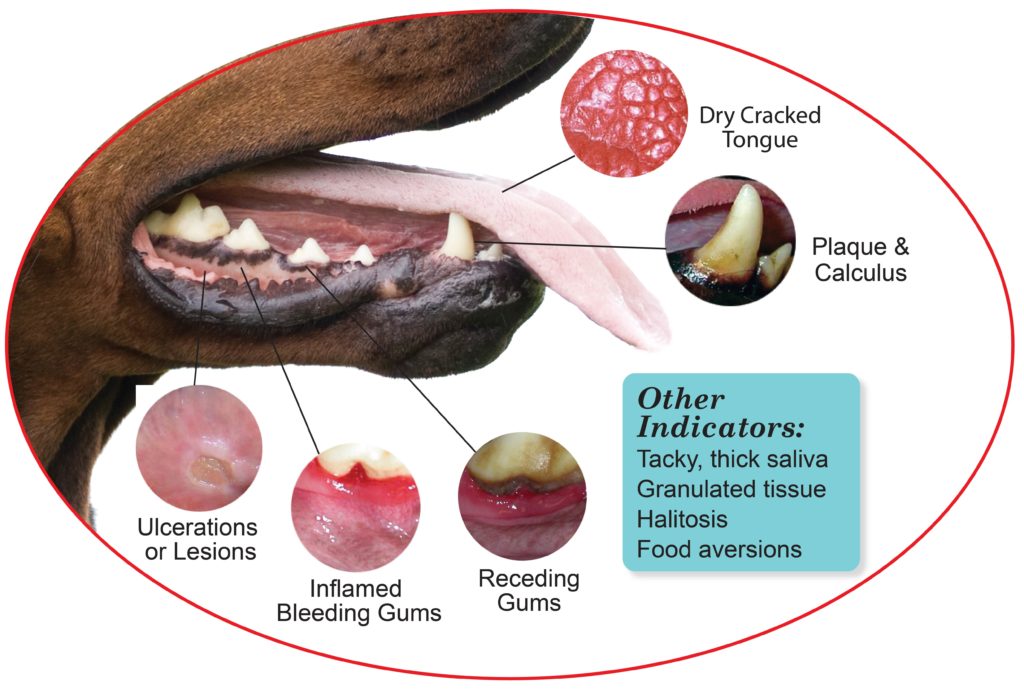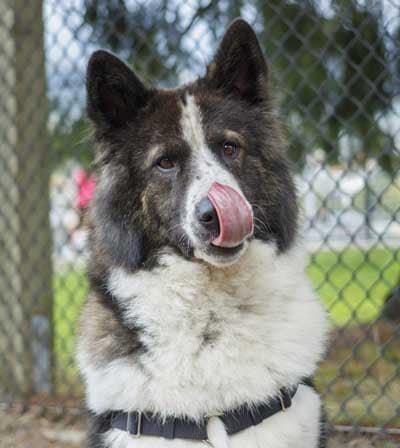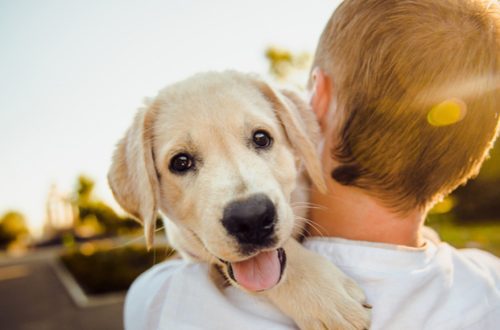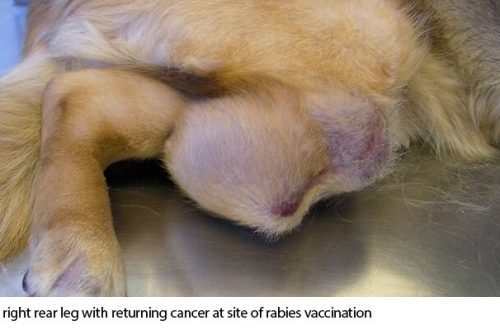
Сува уста код пса: узроци ксеростомије код кућног љубимца
Salivation in dogs is a fairly natural process. But if the pet is dry in the mouth, this may indicate a disease. If a dog has dry mouth, understanding the causes of this condition and treatment methods will help diagnose the disease in time and avoid a severe course of the disease.
Xerostomia in dogs: what is it?
At times, excessive salivation in a dog may seem disgusting, but this is a sure sign that the pet is all right with salivation. Saliva helps the dog feel comfortable. If a four-legged friend is dry in the mouth, he may have developed a condition called xerostomia. Without the use of dental cleaners, it can cause bad breath in both animals and humans.
Xerostomia is not always painful, but in dogs it can affect swallowing and eating. In addition to mouth odor, pets with xerostomia can have sticky gums that feel dry, notes Wag!.
It is important to regularly inspect your four-legged friend from head to toe. During a visit to the clinic, you can ask your veterinarian about the normal level of salivation. Attention should be paid to the characteristics of the breed of the pet and its age. Perhaps the reason may be in the diet.
If the owner feels that the bad breath and dryness in the mouth of the dog is aggravated or leads to changes in behavior, you should take it to the veterinarian. When it comes to your dog’s health, it’s always best to play it safe.

Causes of dry mouth in dogs
If a dog has a dry mouth, this may be due to a number of environmental and medical factors:
- Дехидратација. It can manifest itself in dogs in the form of dryness in the nose or in the mouth. If left untreated, this condition can become dangerous. The owner needs to make sure that the dog has access to drinking water and drinks enough. If your pet seems weak or has difficulty breathing, take him to the veterinarian immediately.
- Reaction to drugs. Some veterinary medications, such as antihistamines, can cause xerostomia in dogs. If your pet is scheduled to take this drug for a long time, you should discuss with your veterinarian other treatment options or possible remedies for dry mouth for parallel use.
- Лечење рака. The American Animal Hospital Association notes that “although pets may experience some side effects from treatment, these symptoms are usually milder than in humans. Many pets go into remission after just a few doses of chemotherapy.” If your dog is receiving radiation therapy and develops a dry mouth as a result, you should talk to your veterinarian. It is important to pay attention to whether dry mouth is accompanied by diarrhea or other gastrointestinal problems.
- Abnormal immune response. According to the Merck Veterinary Manual, a dog’s salivary glands can be attacked by its immune system. To help manage this problem, your veterinarian may prescribe immunosuppressants.
- Nerve damage. Although this is rare, the Merck Veterinary Manual notes that tumors, surgical complications, and trauma sometimes cause nerve damage. If a nerve is affected in the area of the eye, mouth, or nose, it can affect the functioning of the salivary glands.
Време лечења
Once a specialist has determined the cause of a dog’s dry mouth, they may suggest the following treatments:
- increased fluid intake;
- regular use of oral fluids or dry mouth medications specially formulated for dogs
- teeth cleaning – daily home and regular professional in the veterinary office.
If your dog is producing less saliva than usual, you can offer him more water and watch for signs of dehydration. If your pet’s condition does not improve, contact your veterinarian. Because dry mouth can be a side effect of more serious conditions, it’s important for a veterinarian to properly diagnose the problem and recommend an effective treatment.





